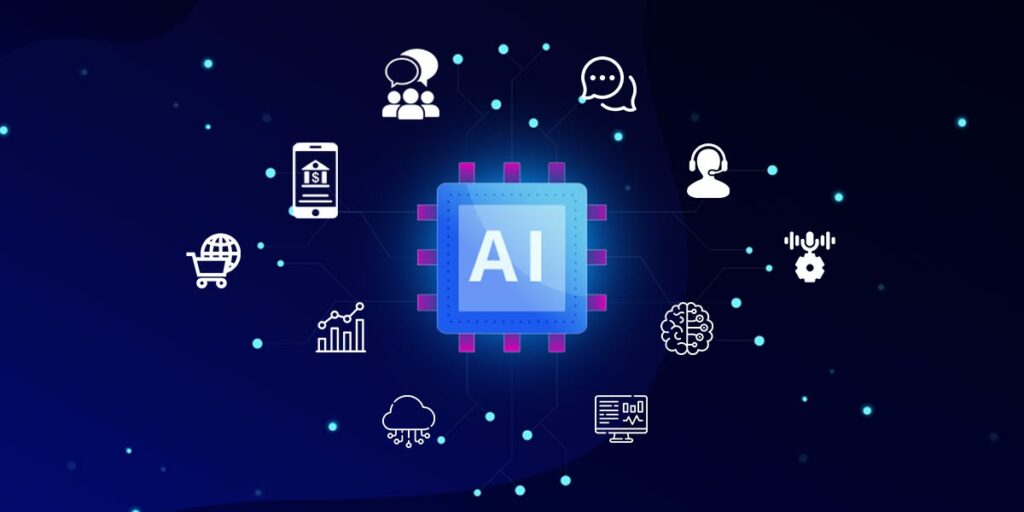Business
South Africa’s AI Revolution: Are We Secure in the Age of Cyber Threats?

South African businesses are embracing generative AI at an unprecedented pace, leveraging its capabilities to drive efficiency, automation, and innovation. However, as AI adoption grows, so do cybersecurity risks.
Cybercriminals are already exploiting AI to automate deepfake fraud, hyper-personalised phishing scams, and AI-driven malware attacks. Without a strong cybersecurity foundation, AI could become a Trojan horse for businesses, exposing them to sophisticated cyber threats.
AI Expands the Cyber Attack Surface
The same AI tools that fuel innovation also broaden attack surfaces, making traditional cybersecurity measures outdated. Some of the most alarming AI-enabled threats include:
AI-Powered Phishing Attacks – AI-generated emails and messages mimic human communication styles with precision, making them harder to detect.
Deepfake Fraud – Attackers use AI to generate fake voice recordings and videos, impersonating executives and employees.
AI-Generated Malware – AI-driven cyberattacks can exploit vulnerabilities faster than traditional security systems can detect.
These threats are not hypothetical. South African businesses, financial institutions, and even government agencies are increasingly being targeted by AI-driven cybercrime. A reactive security approach is no longer enough—AI security must be built into digital infrastructure from the start.
AI as a Cybersecurity Shield
Just as cybercriminals are using AI for attacks, businesses must harness AI for defence. Advanced AI-driven security tools can:
Detect threats in real time – Machine learning models analyze network activity and flag anomalies before they escalate.
Automate threat response – AI can instantly neutralize cyber threats, reducing human response time.
Enhance authentication – AI-driven zero-trust models verify every user and device before granting access.
Protecting AI-Driven Businesses: A Security Roadmap
To secure South Africa’s AI revolution, businesses must adopt a proactive cybersecurity framework, focusing on:
Zero-Trust Security – Every access request must be continuously verified, reducing insider threats.
Cloud Security & Data Encryption – AI relies on vast data sets, making cloud environments a prime target for cybercriminals.
Regulatory Compliance (POPIA & Global Standards) – AI-driven businesses must comply with South Africa’s Protection of Personal Information Act (POPIA) and international data security laws.
AI Model Risk Management – AI systems should be evaluated for bias, vulnerabilities, and susceptibility to manipulation.
Security Audits & Continuous Monitoring – AI security assessments should be a regular business practice to detect evolving threats.
Cybersecurity: A Business Imperative, Not an IT Issue
AI-driven cybercrime is no longer just an IT challenge—it’s a boardroom priority. Failing to secure AI infrastructure could lead to:
Reputational damage from AI-driven data breaches.
Regulatory penalties for non-compliance with data protection laws.
Operational disruptions caused by AI-powered ransomware attacks.
Loss of competitive edge as customers prioritize businesses with strong cybersecurity.
The Future of AI in South Africa: A Secure Digital Economy
South Africa stands at a crucial crossroads in AI adoption. To lead in AI-driven transformation, businesses must invest in cybersecurity as a core pillar of their digital strategy.
- Will South Africa emerge as an AI innovation hub?
- Or will weak cybersecurity expose businesses to economic losses and cyber threats?
The answer depends on how seriously we take AI security today. The time to act is now.
Follow Joburg ETC on Facebook, Twitter , TikTok and Instagram
For more News in Johannesburg, visit joburgetc.com















